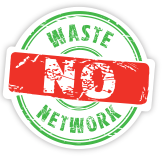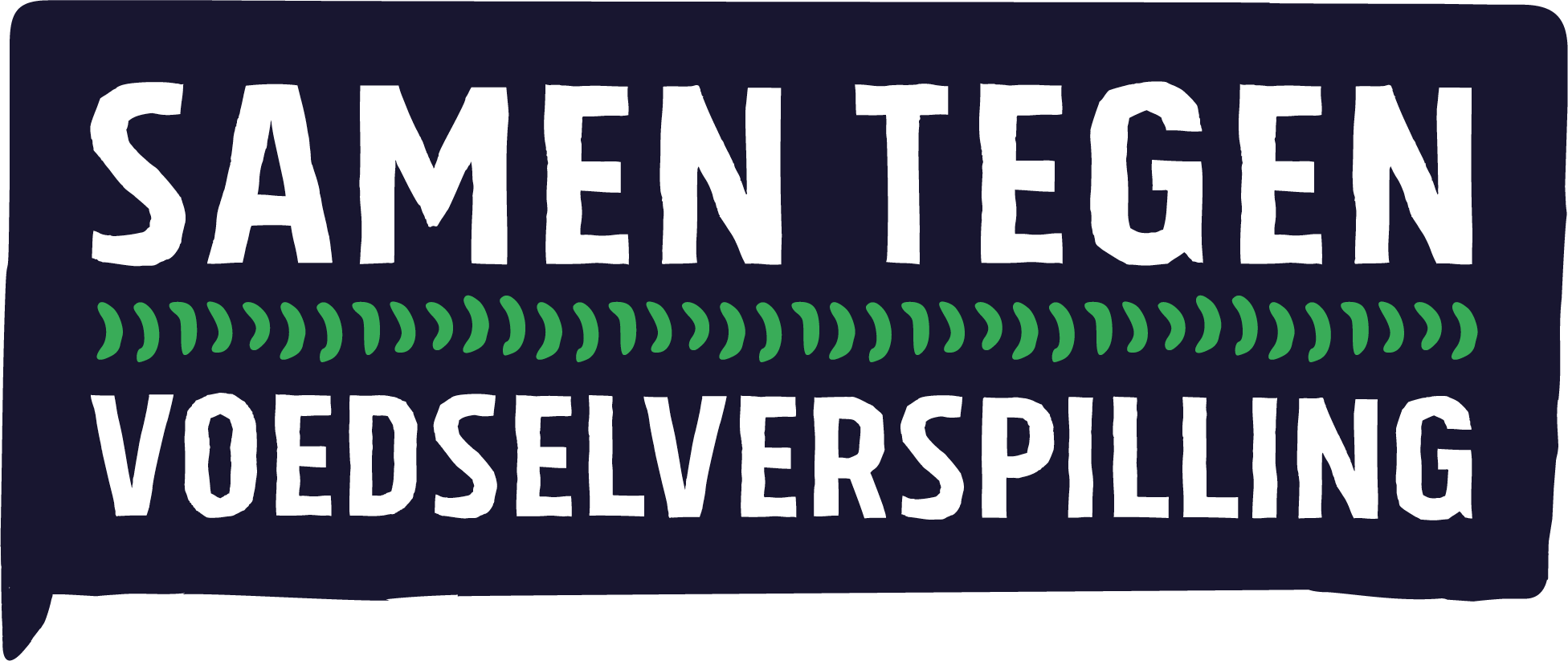Carve
CARVE (Across supply Chain Action program Reduction of food waste, improved Valorisation & Resource Efficiency) is a long-standing public-private collaboration project co-financed from the Topsector Agri&Food, and under others makes use of the think-and-decision models that the Top Institute Food & Nutrition (TIFN) has developed for the optimization of supply chains. These projects from the TIFN, with sustainability of production and distribution supply chains as a focus point, were financed by the government, CBL and FNLI.
The Alliantie Verduurzaming Voedsel and Wageningen UR Food & Biobased Research started the CARVE project in 2015 to reduce food waste in the agri-food supply chain. That was announced during the international conference No More Food To Waste, organised by the Dutch government in Den Haag. For 4 years companies in the food supply chain, in the form of pilots, will get busy with knowledge, instruments and decision-models. Topics that are covered in the pilots include optimization of ordering systems between manufacturers and retailers, the reduction of residual product flows in the supply chain through reuse in premium tiers, and the reduction of waste in households through product development.
Toolbox
Coming from various pilots there is a toolbox being developed within CARVE where companies can integrate the prevention and reduction of food waste as a goal within their business operations, organisation and supply chain.
Better collaboration
Where the responsibility for approaching waste now often lies with the sustainability department of a company, it is also important that this is an explicit focus point in product development, procurement, production, sales, logistics and marketing. Better collaboration and communication between supply chain partners is also necessary in order to reduce food waste.
Integral working methods
The approach in CARVE is focused on the development of an innovative integral working method in supply chains aimed at the development and implementation of effective innovations and interventions. With this the support through decision models plays a crucial role because particular solutions that transcend individual supply chain links require a strategic framework.
Supporting decisions about ‘what if’ issues through models makes it possible to investigate the practical effects in order of magnitude without actually disrupting the daily (commercial) operations.
Food waste spearheads Alliantie Verduurzaming Voedsel
The reduction of food waste and the optimization of surplus product flows forms an important spearhead for the Alliantie Verduurzaming Voedsel, where farmers & gardeners, manufacturers, supermarkets, caterers and hospitality are united. Earlier this year the alliance offered the results of the year against food waste (2014) to the Secretary of State Dijksma. With CARVE and others, the Alliance will continue its focus on this theme for 2015.
About the Alliantie Verduurzaming Voedsel
In the Netherlands we have a unique situation where the agri-food supply chain, from farm to consumption, is committed to a sustainable and profitable food supply chain. The Alliantie Verduurzaming Voedsel is a partnership between the Land- en Tuinbouw Organisatie Nederland (LTO Nederland), the Federatie Nederlandse Levensmiddelen Industrie (FNLI), the Centraal Bureau Levensmiddelenhandel (CBL), the Vereniging Nederlandse Cateringorganisaties (Veneca) and Koninklijke Horeca Nederland (KHN) wokring to make the food supply chain sustainable. The starting point is that businesses cannot individually manage a sustainable transition in the whole agri-food supply chain, but through good collaboration in the supply chain with an actively engaged government sustainability can be achieved. Together with the Ministerie van Economische Zaken the Alliance has built an ambitious agenda in order to improve the sustainable foundations of the food supply chain, with attention to people, animals and the environment.
About Food & Biobased Research
Wageningen UR Food & Biobased Research develops knowledge and technology that helps businesses, governments and other research organisations to find innovative solutions for a healthier, more sustainable and more prosperous world. Together with our customers we develop healthy and tasty food, sustainable food supply chains, and ‘green’ alternative for products currently produced using scarce fossil fuels. Food & Biobased Research is a part of Wageningen UR (University & Research centre) with the mission ‘to explore the potential of nature to improve the quality of life’.



